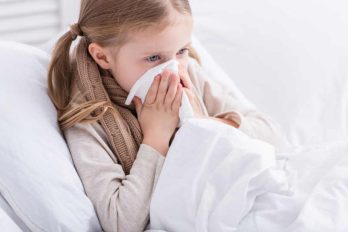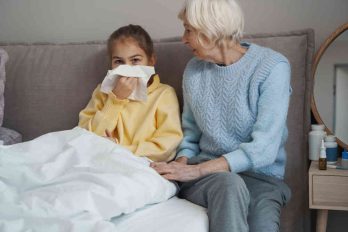It is no secret that the pediatrician’s office is full of germs. After all, many of their patients are feeling under the weather. You may be worried about your child catching a cold, the flu, or other viruses while playing in the waiting room. Luckily, you can keep your child safe from germs while visiting the pediatrician with these tips.
Limit What They Touch
Start by putting a limit on what your child can touch while in the waiting room. For example, they should only touch the chair they are sitting in as they wait for the pediatrician. In addition, you want to give them a limit on how many toys and books they can touch, especially if other children were using these items just several minutes ago.
Supply Your Own Entertainment
One way to limit what your child touches in the waiting room is to supply the entertainment yourself. You can allow them to bring their favorite toy or book from home, or you can keep them busy with a tablet and headphones. This way, you know who has been touching the items your child is using in such a high-traffic area.
Encourage Hand Washing
It is important to encourage your child to wash their hands once it is their turn to see the pediatrician. You can ask their pediatrician about stopping by the restroom or using the sink in their office. Another option is to have your child wash their hands after the appointment altogether. This keeps your child from contacting and spreading germs.
Bring Hand Wipes
It never hurts to bring hand wipes for your child to use after they have finished using the items in the waiting room. You may even be able to use the wipes on the items beforehand, but it is best to ask the receptionist before wiping down the items. Hand wipes are also convenient for sanitizing after the appointment altogether, especially if you forget to have your child wash their hands.
Ensure The Staff Is Clean
There is nothing wrong with politely asking their nurse and pediatrician if they have washed their hands before they examine your child. They understand that a pediatrician’s office is a high-traffic area, especially when they have a day full of appointments. Luckily, many nurses and pediatricians also wear gloves as an extra layer of protection.
If it is time to schedule your child’s annual visit to the pediatrician, consider Kids 1st Pediatrics. You can easily schedule an appointment online by visiting kids1stpediatrics.net.




